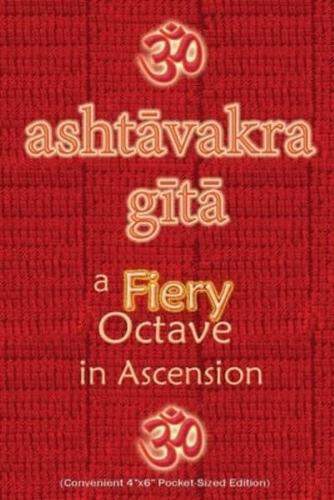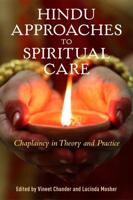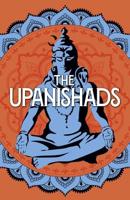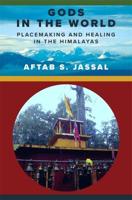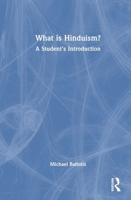Publisher's Synopsis
Covenient Pocket-Sized Edition 4"x6". This Book is based on Ashtavakra Gita, the classic of Vedanta philosophy composed by Ashtavakra. Consolidating the highest flights of Vedic thoughts this work discusses the unity of the individual Self and the Supreme-Self through lucid, poetical language. It is presented as a dialogue between sage Ashtavakra and Janak, the king of Mithila.
The book discusses the nature of Self and Reality. According to Ashtavakra, Brahama (the Supreme-Self) is the only self-existent Reality; and the Self of all, at the very essence, is nothing but Brahama. Ashtavakra asserts that there exists a self-existent ever-enduring entity which persists as the eternal abiding substratum of the consciousness of egoism: the 'I' sense; and that is the Atma, our Self.
As opposed to Shankaracharya, Ashtavakra offers a more radical view on Vedanta. Ashtavakra insists on the absolute oneness of existence and complete unreality of external world. He does not seem to give much credence to morality and duties. He dismisses names and forms as unreal and signs of Ignorance. An ignorant person's vision is shrouded by names and forms, but the wise one sees only the Self.
Acording to Ashtavakra we are already perfect and pure, unfettered and actionless, self-illuminated and taintless. We are not the mind -- and the cause of our bondage is that we are still resorting to making that mind still. Besides the original Sanskrit text, transliteration and translation of the verses is provided.
